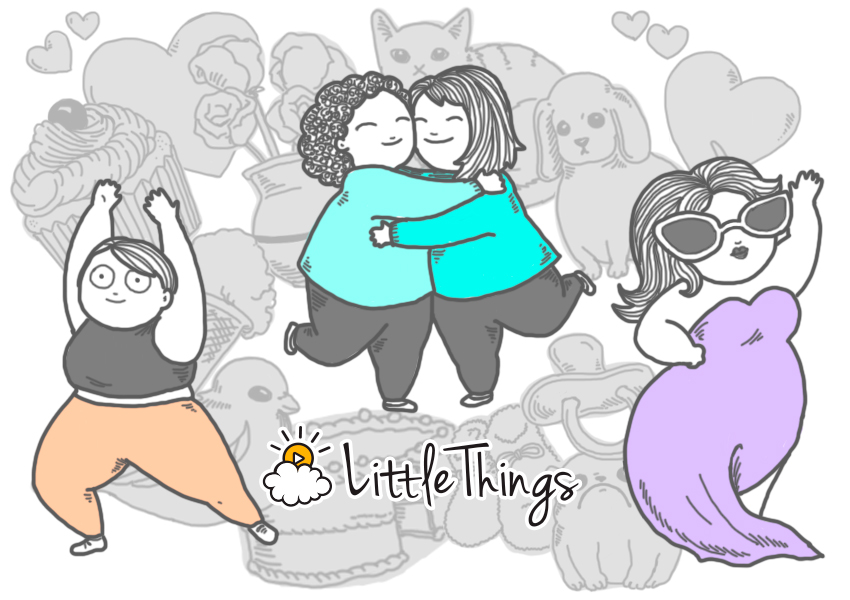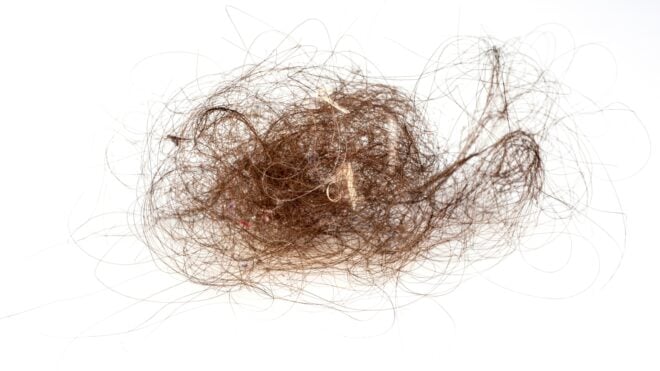
LittleThings is a female-focused digital media company centering on the analysis of a wide range of topics, ranging from women’s health to personal interest stories and the celebrity news of the day. The core of our mission is to spotlight uplifting and meaningful content.
Our goal with these standards is to merge the best of traditional media’s values with the opportunities that come with today’s new media landscape. The speed in which content is shared, the many platforms people use to connect with content, and the closeness that media companies now have with their audience presents both challenges and opportunities.
These standards will likely evolve and grow as they are tested, but their aim is to help us communicate how we operate internally and our expectations for our staffers in the most transparent way possible.
Accuracy
Our purpose is to inform on the truth, and writing accurate stories is at the core of our process. In our analysis, we make sure to challenge the claims that we encounter. Writers are expected to check their own facts before submitting a piece to their editor. We also believe in teamwork — writers, editors, and copy editors all play a role in ensuring that the facts of the stories we publish are correct.
Our Accuracy Checklist:
- Is every name, title, and location spelled correctly?
- Are the quotes accurate and properly attributed?
- Has the spelling and grammar been reviewed?
- Are all the terms being used correctly? For instance, is someone a convicted criminal or a suspect?
- Has the story been fact-checked against what other news outlets are reporting?
- Does the story include proper attributions? Is it clear where we collected a story’s facts and quotes?
- Is the story fair?
- Is the story properly sourced? (See below.)
- Is this is a matter that might cause grief or damage reputations? In these instances, take special care (e.g., when reporting on a death, wait for confirmation from an authoritative source).
Sourcing
All information, excluding common knowledge, should come from verified sources and attributed to those sources. Acceptable sources include interviews, research by experts, academic journals, stories from trusted news organizations, and local news reports. Sites such as Wikipedia and IMDb that can be edited by the public at large are not considered acceptable sources. Gossip and satire must be explicitly presented to the reader as such.
While it is necessary in many cases to use the reporting of other media outlets, all of our stories include analysis that is unique to LittleThings.
Sourcing From Social Media
We source stories from Instagram, Twitter, and Facebook regularly. Embedding Instagram images and Tweets is our preferred method of referencing social media in LittleThings posts so that if the content is updated on social media, it is updated on LittleThings as well.
Outside of breaking news, writers are encouraged to contact social media users when covering their content (particularly when writing about sensitive topics and minors) in order to get permission and to ask for further comment.
Public social media posts made by public figures such as celebrities are always fair game for reporting, even if the posts have been deleted.
Studies
Writers and editors are encouraged to examine the validity of a study or poll before deciding to cover. For instance, asking question like how many people were included in the study? Do the authors have conflicts of interest?
In some cases, we cover studies that do not meet these standards because they have become newsworthy. When this happens, we will note to our audience the questionable nature of the study, and also why we have decided it is worthy of coverage.
Quotes
All quotes should be attributed to their source. Quotes given directly to writers at LittleThings should be noted as such (for instance, “told LittleThings”) at least once in the story.
Quotes from other outlets should be attributed to that outlet with a link to the article.
While we at LittleThings don’t anonymously quote sources, we do occasionally report on anonymous quotes given to other outlets. In those cases, we will make those attributions clear in the text.
We do not give sources or people featured in our stories approval of their quotes or the surrounding copy, with the exception of content created in collaboration with brands, which is clearly marked as such.
See below under “Branded Content” for more information on how we work with brands.
Plagiarism
Copying someone’s work and passing it off as our work is not tolerated. All claims of plagiarism against a LittleThings staff member or freelancer will trigger an internal review and if proven, will result in punitive action and possibly termination.
Updates and Corrections
We want to offer our readers the most accurate information possible. Still, mistakes happen. When a story needs to be corrected, either because erroneous information was included or because new information has been uncovered that alters the story, it will be changed.
In addition, a note regarding the correction will be added to the top of stories to give readers transparency into the changes that were made.
Updating a post for clarity, spelling (with the exception of names), or style does not require a correction. Factual information in any element of the story including the text of the article, the headline, a photograph embedded in the article, or the video in the article, does.
Readers can report factual errors to corrections@littlethings.com.
Content might also require an update, which is different from a correction (such as instances of breaking news when additional information becomes available). In those cases, articles will include an update at the top of the post, along with a time stamp.
Deletions
Posts should not be deleted because of their content or because a stakeholder has asked for it to be deleted.
If some information in a post is incorrect or obsolete, the post will be changed following our corrections policy (above).
While LittleThings writers and editors take every precaution to avoid covering hoaxes, in the cases where an entire piece is proven to be incorrect, the post will be changed in the following ways:
- “Updated” will appear at the end of a headline.
- A correction will appear at the top of the story to inform the reader that the story is false, and will also include information demonstrating why the story is in fact false.
- The rest of the story’s copy will stand as is in order to offer transparency to our readers.
Completeness
While it is impossible to quote every person or tell every detail of a story, errors of omission and partial truths can damage the credibility of a story. For that reason, we strive to offer completeness to the best of our ability. In instances where there are gaps of information we are unable to fill that are crucial to the telling of a complete story, we make sure to be transparent with our readers.
Fairness
It is essential that we treat those that we write about with fairness, while being guided by the spirit of professionalism. We make every effort to get a comment from those who are the subjects of criticism or unfavorable allegations in stories. In matters of controversy, we aim to present both sides of the argument to our readers.
Writers are expected to approach their work with detachment. Though many pieces might feature first-person reactions from writers, any direct opinions will be clearly labeled so our readers can easily differentiate the content.
Accountability and Feedback
We take full responsibility for our work, and in doing so, we welcome questions and criticisms from our readers and will do the best we can to respond.
LittleThings offers several avenues for our audience to alert us to areas where we are successful and areas that could use improvement.
We invite readers to contact us at corrections@littlethings.com, email our writers and editors, and to engage with LittleThings on social media.
General Content Expectations
Graphic Content
While we don’t often cover graphic content, any graphic material deemed worthy of coverage is always accompanied by a warning that gives readers ample opportunity to click out of a post.
Violence
Though we at times analyze news stories involving violence, we don’t write violent content for the sake of violent content. All stories that include violence are weighed carefully by our editorial team.
Nudity
Our content rarely includes nudity, unless it is of editorial interest to our readers (for instance, a story about a woman who covered up her mastectomy scars with beautiful tattoos).
Profanity
Profanity is not permitted on LittleThings.com or on LittleThings’ social media platforms. In the case of quotes with profane language, we include the first letter of the swear word, followed by asterisks. In cases where we are embedding images of social media posts that include profanity, we black out the profanity. The text of a post will clearly mention if an outside image has been altered to blur profanity.
Disclosing Review Products
LittleThings writers and editors can request and accept products for review purposes. In cases where items have been furnished to us for review, we will disclose that in the bottom of the post. Review products are considered the property of LittleThings and not of the writers, and must not be taken out of the office.
Branded Content
All content created in collaboration with one of our branded partners is clearly marked as such in all the channels that it appears on. In posts that are sponsored by an advertiser, a logo of the advertiser is inserted into the post in lieu of an author byline. On Facebook and Instagram, our brand collaborators are tagged as “partners” to clearly note what is sponsored content. We collaborate with brands on the content in these posts, but still make sure that this content adheres to our general content expectations.




